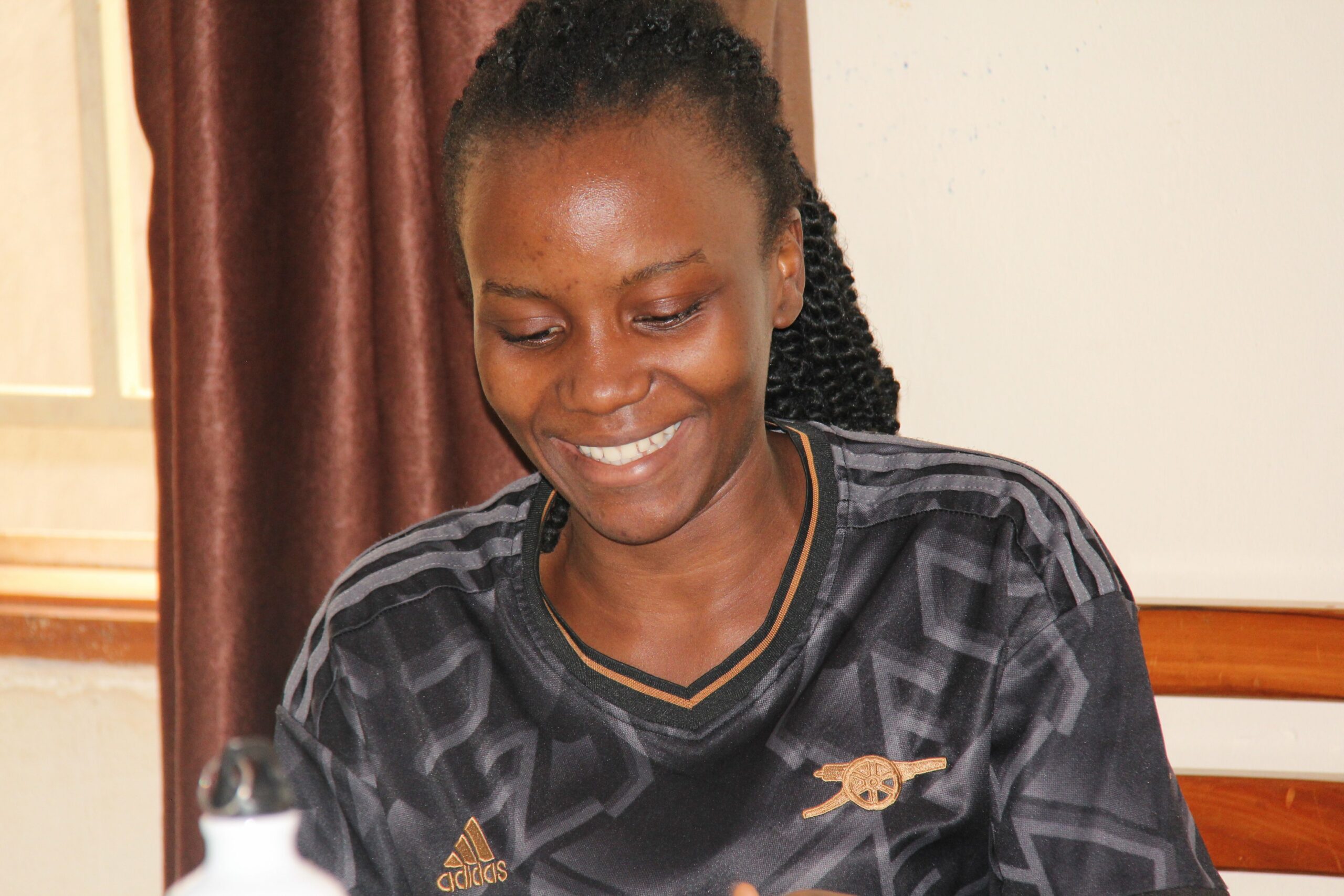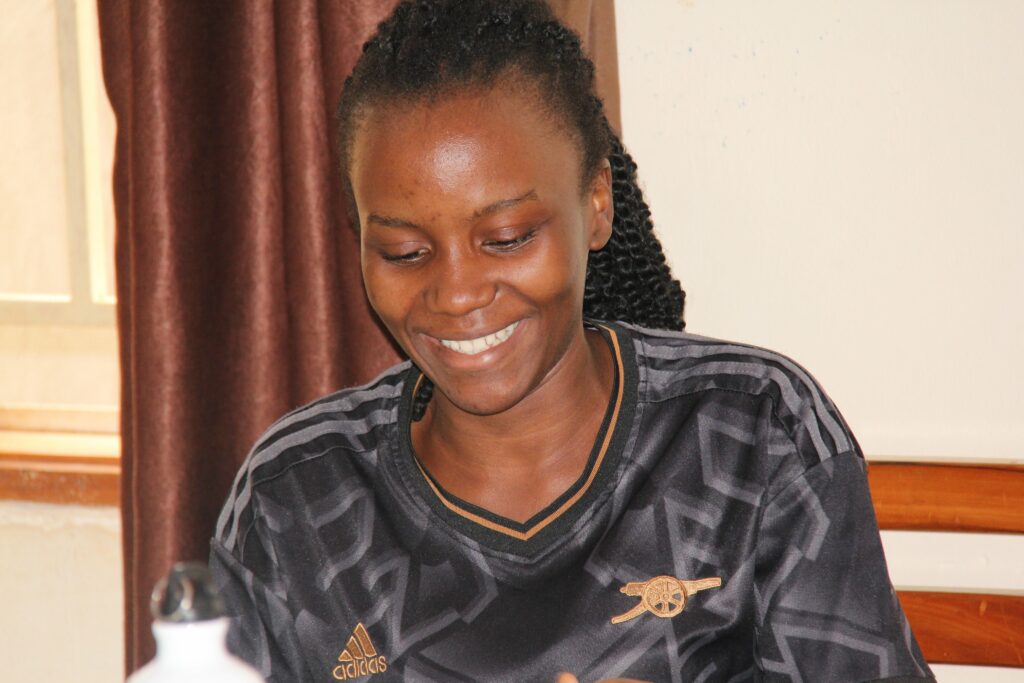
 Mama FM
Mama FM

 Mama FM
Mama FM
21 September 2024, 2:38 pm
Byamukama Alozious
The Uganda Media Women’s Association (UMWA) is intensifying its efforts to combat gender-based violence (GBV) in Uganda through journalist training programmes aimed at enhancing the quality and impact of GBV reporting.
Supported by funding from the Austrian Development Corporation, these initiatives bring together survivors and journalists to discuss their experiences and the challenges they face in addressing GBV through media storytelling.
Leticia Mmeeme, a journalist with Solutions Now Africa, shared how the training has significantly improved her skills, stating, “The training was really insightful. We’ve learned so much, especially about aspects we initially overlooked in our scripts, such as consent. We used to skip certain details, but now we feel well-equipped.”
The training has introduced journalists to more structured approaches, such as story mapping, and provided them with tools to tackle challenges. “We’ve received handouts and important legal resources like the Domestic Violence Act, which have been incredibly helpful,” Mmeeme noted. “For example, if I’m covering domestic violence, I now know exactly which laws and resources to refer to.”

Mmeeme further explained how this training will influence her future work: “Next week, when I’m back at the office, I’ll incorporate a lot of what I’ve learned into my scripting—especially how to structure a GBV story. It’s not just about gathering information; it’s about how to approach victims, plan the environment, and ensure you’re sensitive to the situation rather than rushing in.”
The training covered various forms of GBV, including physical, emotional, psychological, and economic violence, as well as culturally rooted practices like forced marriages and female genital mutilation (FGM). Journalists were educated on how different forms of violence disproportionately affect women and girls, while also impacting men, stressing the importance of culturally aware reporting.
Mmeeme highlighted a key takeaway from the training: the importance of understanding culture when reporting on GBV. “Our trainer emphasised that some forms of violence are deeply rooted in cultural norms. Understanding the culture of a community is vital before even beginning to report. This ensures that the story is contextually accurate and sensitive.”
The journalists also learned about key GBV-related laws and policies, both locally and internationally. In Uganda, laws such as the Domestic Violence Act (2010), the Prevention of Trafficking in Persons Act (2009), and the Prohibition of Female Genital Mutilation Act (2010) play crucial roles in addressing GBV. Internationally, they were introduced to the Convention on the Elimination of All Forms of Discrimination Against Women (CEDAW) and the Maputo Protocol, which inform legal frameworks aimed at protecting victims of GBV.
Additionally, violence statistics were highlighted to provide journalists with the data necessary to support their stories and emphasise the issues being discussed. The training focused on using evidence to demonstrate the scale of the problem and the significance of laws and policies in combating GBV.
With this enhanced understanding, Mmeeme and her fellow journalists are now better equipped to handle GBV stories with greater depth and sensitivity. “We now know how to map out stories, understand laws, and engage with victims in a respectful and well-planned manner,” she said.
UMWA’s initiative represents a key step in improving the quality of GBV reporting, ensuring journalists are equipped with the legal knowledge, cultural awareness, and reporting techniques necessary to make a lasting impact. This approach not only amplifies the voices of GBV survivors but also plays a significant role in fostering societal change and encouraging accountability in Uganda’s fight against GBV.